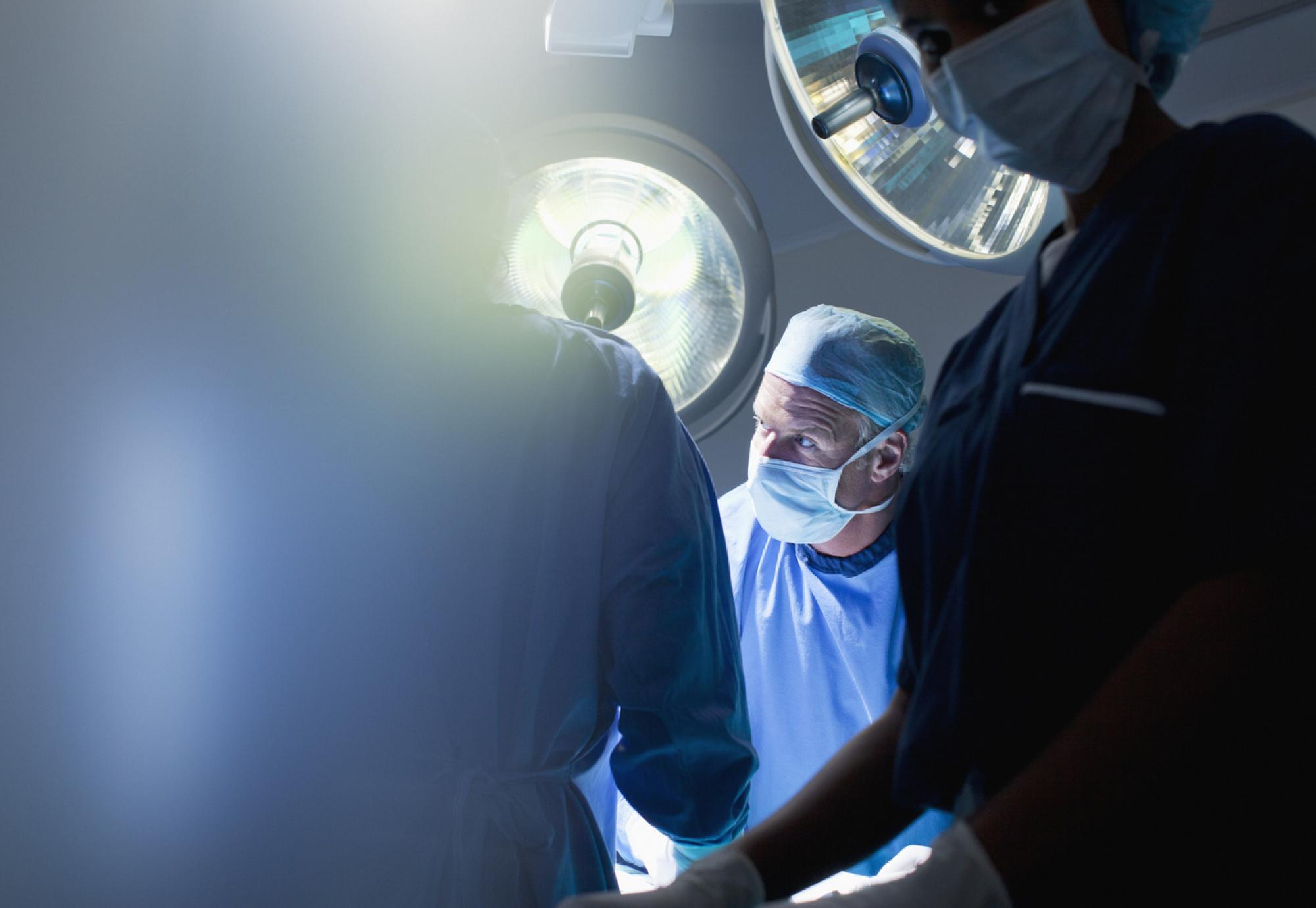Hospitals in Greater Manchester have had no choice but to temporarily stop non-urgent surgeries due to the rise in Omicron cases causing severe staff shortages according to a BBC report.
At least ten hospital trusts in England have declared critical incidents with major concerns over their ability to provide priority services.
Whilst Covid cases are still rising within hospitals, the current seven-to-ten-day isolation period is causing much needed NHS staff to have to isolate leaving fewer keyworkers to treat those with severe cases of the virus.
Fiona Noden, chief executive of Bolton NHS Foundation Trust, said that the suspension of non-urgent surgeries had been "a very difficult decision”.
Noden added that by taking this action, “we can keep people safe, maintain infection control, deploy staff where they are needed most [and] keep looking after people who need urgent and emergency care".
A research team at the University of Birmingham has also used NHS England data to estimate that 100,000 elective operations could be cancelled across England over the winter months due to the Omicron variant.
Mr. Aneel Bhangu, Consultant Surgeon and Senior Lecturer at the NIHR Global Health Research Unit on Global Surgery at the University of Birmingham commented: “Our study shows that as more COVID-19 patients are admitted to hospital, surgical units are forced to cancel elective operations to release capacity to treat COVID-19."
"Hospitals work hard to prioritise life-saving operations, including those helping cancer patients. The greatest impact of hospital pressures from COVID-19 is on patients waiting for non-life saving, but quality of life transforming surgery.
“Cancellations may mean that patients wait even longer for operations like hip replacements, resulting in deterioration of their symptoms and increased disability. Ringfenced elective hubs are urgently needed to protect elective surgery this winter.
The Government are also set to announce the removal of follow-up PCR tests after a positive lateral flow to relieve the demand for testing across the UK, something which Matthew Taylor, Chief Executive of the NHS said he would support if the decision was approved by scientists.
Matthew Taylor said: "In many parts of the health service, we are currently in a state of crisis.
"Some hospitals are making urgent calls to exhausted staff to give up rest days and leave to enable them to sustain core services.
"Community and social care services, which were already massively overstretched, are at breaking point. In many areas, ambulance services are unable to meet their target response times."



















